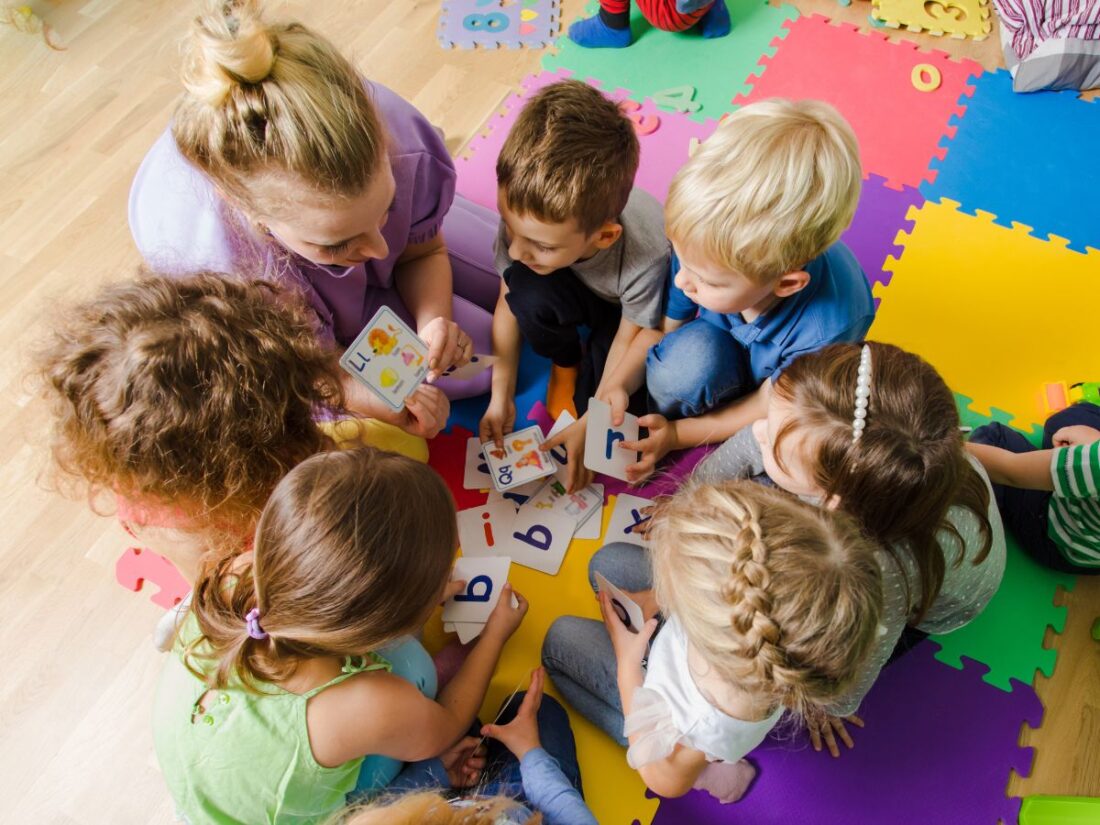When I think of my career in education, I most definitely come back to the concept of how early childhood education indeed plays a pivotal role in shaping our future society. The early years are so crucial for the children when they grow and develop. They are the basis of the future that allows children to be successful and reach their own preferred learning methods. In this article, I would like to dwell on how essential early childhood education is and how it can influence the children, the families, and the communities.

The Beginning of Life-long Learning
Young children’s education is not only the process of teaching them basic skills but also it is the method of feeding their curiosity and the love for learning. In these periods children are like sponges, their brains are taking in everything at an incredible speed. My job has allowed me to observe that really successful early childhood programs not only promote a child’s longing for knowledge but also make them pursue a life of non-stop learning.
In different places such as childcare Mudgee, professionals who are deeply committed to creating interesting environments that promote the children’s exploration and growth can be observed. These experiences help propel a child towards interest in learning, self-confidence and eagerness, and they can assimilate these skills throughout their entire life.
Thinking and Interacting with Others
The preschool practice is precisely very important for development both in cognition and in social and emotional learning as well. Children acquire basic skills like problem-solving, critical thinking, and creativity mainly through carefully designed activities and interactions. What’s important, of course, is that they also learn the essential social skills like sharing, empathy, and working as a team.
My observations are that children utilized the best of these early years and that made them develop superior language skills, better memory retention, and a more prolonged attention span. These cognitive advantages provide a good beginning for the future of their achievements in school and their characters development.
Getting Ready for the School and More
One of the primary aims of early childhood education is to prepare the children for attending the formal education system. Those children who are involved in early childhood education with excellent quality greatly exceed those who do not, when it comes to various exercises and also when participating in the social side of the life of the school.
From my experience, this is the place where young kids are introduced first to a structured system of learning implemented by instructors in childcare Mudgee, and as a result, they gain solid primary educational readiness. These practices are: following instructions, working independently, and participating in small group-driven activities – all necessary things contributing to performing well in the classroom and beyond.
Supporting Families and Communities
Early childhood education benefits not only the child but it also extends to the family and community level as well. Thus, various programs are set that can really help parents and the community develop baby bonding, and reach positive outcomes. Through my work here, I have learned how early educational facilities can become a platform for the engagement of families and community support.
In the setting of childcare Mudgee and its sort, the parents are usually able to find resources, suggestions, and a warm network from other caregivers. This bond can be very crucial for those families who have to face challenges or are new to the role of parenthood.
Long-Term Economic Benefits
Early childhood education investment is not only for individual children and their families but, it also has tremendous long-term economic benefits for the entire society. Research articles have indicated that in almost every case where quality early education is funded by more dollars, it returns in less social costs and more economic productivity.
We give our children a sound foundation of knowledge and, in this way, we are basically investing in the future workforce and economic security of our communities. Such a case can easily be proven in factories where the workers have extensively gone through early education, for instance in childcare Mudgee, where it has been proved how positive effects of this action spread to the local economy.
Coping with Inequality and Including Everyone
Early childhood intervention, in the light of socio-economic status and racial/ethnic factors, is an important measure that is required by the society to handle educational inequities and promote inclusivity. The truth is that even Early Learning programs can give all kids the equal opportunity to succeed at school mainly because those children know that they will be supported not only by their peers but also by their teachers and the community.
In my job, I have seen how inclusive early education places, e.g. childcare Mudgee, can help children from various cultures and backgrounds to embrace and respect one another. This early-on exposure to diversified societies makes the young ones be tolerant and, thus, more inclusive in their interactions within the society.
Conclusion
The next generations should be given a much smaller role for early childhood education. The first steps that they make on the way to the ability to solve problems and be creative gives me hope that they are the future we hope to see. The very first steps such as the cognitive and social improvements, the long-run economic benefits, and social justice are clearly demonstrated here.
I advocate parents, educators, policymakers, and everyone else recognizing and supporting the earliest stages of learning. Thus we invest in our youngest learners thus creating yet a brighter future for everyone. In any community space, be it in childcare Mudgee or elsewhere, let all of us join together to ensure that each child has the opportunity to benefit from high-quality early education.



